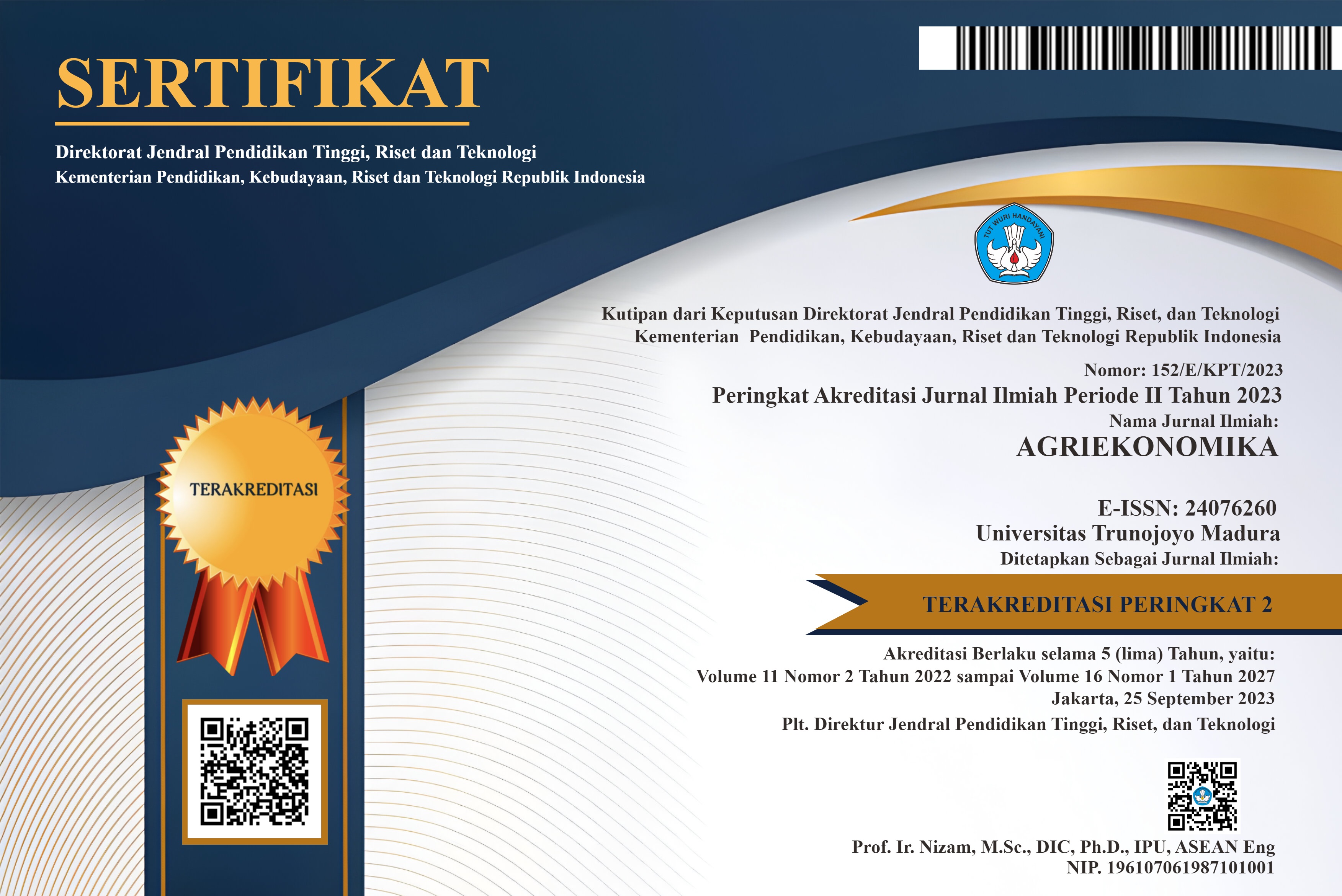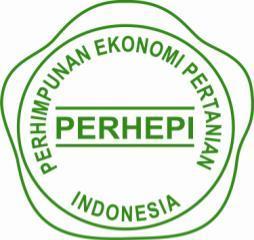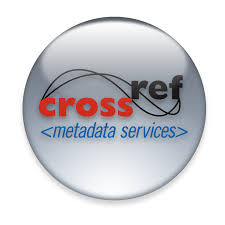Dampak Skema Relasi Kopi Sebagai Pengembangan Perekonomian Petani Kopi di Pedesaan
Abstract
Keywords
Full Text:
PDFReferences
Arifin, B. (2010). Global Sustainability Regulation and Coffee Supply Chains in Lampung Province, Indonesia. Asian Journal of Agriculture and Development, 7(2), 67–89.
Astuti, E. S., Offermans, A., Kemp, R., & Corvers, R. (2015). The Impact of Coffee Certification on the Economic Performance of Indonesian Actors. Asian Journal of Agriculture and Development, 12(2), 1–16.
Borrella, I., Mataix, C., & Carrasco-Gallego, R. (2015). Smallholder Farmers in the Speciality Coffee Industry: Opportunities, Constraints and the Businesses that are Making it Possible. IDS Bulletin, 46(3), 29–44. https://doi.org/10.1111/1759-5436.12142
Bray, J. G., & Neilson, J. (2017). Reviewing the impacts of coffee certification programmes on smallholder livelihoods. International Journal of Biodiversity Science, Ecosystem Services and Management, 13(1), 216–232. https://doi.org/10.1080/21513732.2017.1316520
Daviron, B., & Ponte, S. (2005a). The coffee paradox: Global markets, commodity trade, and the elusive promise of development. Zed Books Ltd.
Daviron, B., & Ponte, S. (2005b). The coffee paradox: Global markets, commodity trade, and the elusive promise of development. London: Zed Books Ltd.
Food and Agriculture Organization. (2019). FAOSTAT Data. Retrieved February 17, 2019, from http://www.fao.org/faostat/en/#home
Glasbergen, P. (2018). Smallholders do not Eat Certificates. Ecological Economics, 147(February), 243–252. https://doi.org/10.1016/j.ecolecon.2018.01.023
Glick, R. (2017). Happening Now - Coffee 4th Wave. Retrieved July 14, 2018, from Happening Now - Coffee’s 4th Wave website: https://www.senimancoffee.com/happening-now/
Hernandez-aguilera, J. N., Gómez, M. I., Rodewald, A. D., Rueda, X., Anunu, C., Bennett, R., & Es, H. M. Van. (2018). Quality as a Driver of Sustainable Agricultural Value Chains: The Case of the Relationship Coffee Model. Business Strategy and the Environment, 198, 179–198. https://doi.org/10.1002/bse.2009
Holland, E., Kjeldsen, C., & Kerndrup, S. (2015). Coordinating quality practices in Direct Trade coffee Coordinating quality practices in Direct Trade coffee. 0350(October), 0–11. https://doi.org/10.1080/17530350.2015.1069205
Ibnu, M., Offermans, A., & Glasbergen, P. (2018). Certification and farmer organisation : Indonesian smallholder perceptions of benefits. Bulletin of Indonesian Economic Studies, 54(3), 387–415. https://doi.org/10.1080/00074918.2018.1506093
Kementerian Pertanian. (2017). Outlook Kopi 2017. Jakarta.
Lewin, B., Giovannucci, D., & Varangis, P. (2004). Coffee Markets New Paradigms in Global Supply and Coffee Markets Supply and Demand. In Agriculture and Rural Development Discussion Paper (Vol. 3). Washington, DC.
Mann, S. (2018). Agricultural System Models. In Socioeconomics of Agriculture (pp. 87–106). https://doi.org//10.1007/978-3-319-74141-3_5
Milford, A. (2004). Coffee, co-operatives and competition: the impact of Fair Trade. Chr. Michelsen Institute.
Neilson, J. (2007). Institutions, the governance of quality and on-farm value retention for Indonesian specialty coffee. Singapore Journal of Tropical Geography, 28(2), 188–204. https://doi.org/10.1111/j.1467-9493.2007.00290.x
Perez, J., Kilian, B., Pratt, L., Ardila, J. C., Lamb, H., Byers, L., & Sanders, D. (2017). Economic Sustainability-Price, Cost, and Value. In The Craft and Science of Coffee (pp. 133–160). https://doi.org/10.1016/B978-0-12-803520-7.00006-2
Ponte, S., & Gibbon, P. (2005). Quality standards, conventions and the governance of global value chains. Economy and Society, 34(1), 1–31. https://doi.org/10.1080/0308514042000329315
Pratiwi, S. I. Y. (2015). The Role of Farmer Cooperatives in the Development of Coffee Value Chain in East Nusa Tenggara Indonesia [Thesis]. Humboldt University of Berlin.
Rosenberg, L., Swilling, M., & Vermeulen, W. J. V. (2018). Practices of Third Wave Coffee: A Burundian Producer’s Perspective. Business Strategy and the Environment, 27(2), 199–214. https://doi.org/10.1002/bse.2010
Russell, B., Mohan, S., & Banerjee, A. (2012). Coffee market liberalisation and the implications for producers in Brazil, Guatemala and India. World Bank Economic Review, 26(3), 514–538. https://doi.org/10.1093/wber/lhr055
Vicol, M., Neilson, J., Hartatri, D. F. S., & Cooper, P. (2018). Upgrading for whom? Relationship coffee, value chain interventions and rural development in Indonesia. World Development, 110, 26–37. https://doi.org/10.1016/j.worlddev.2018.05.020
Wahyudi, T., & Jati, M. (2012). Challenges of Sustainable Coffee Certification in Indonesia. International Coffee Council 109th Session, (September), 1–14. London: ICO.
WIPO. (2017). Coffee: How Consumer Choices are Reshaping the Global Value Chain. In Intangible Capital in Global Value Chains (pp. 42–67). Geneva: World Intelectual Property Organization.
DOI: https://doi.org/10.21107/agriekonomika.v8i1.5027







